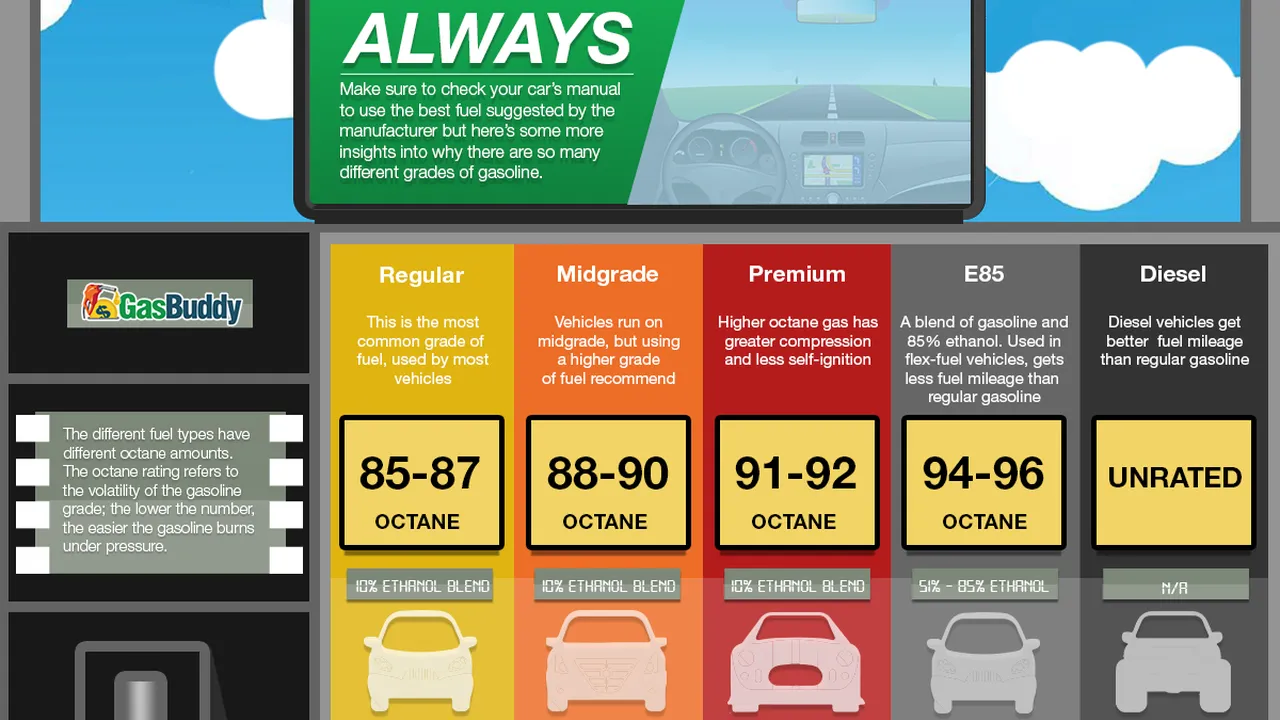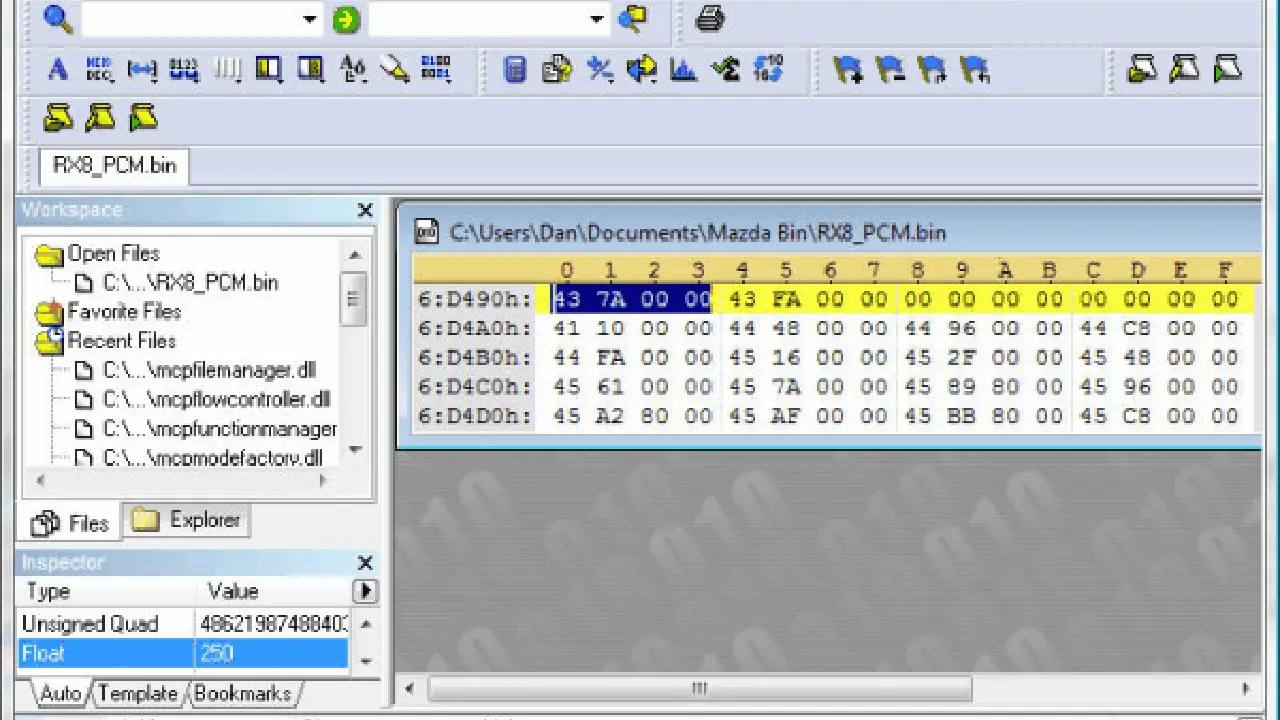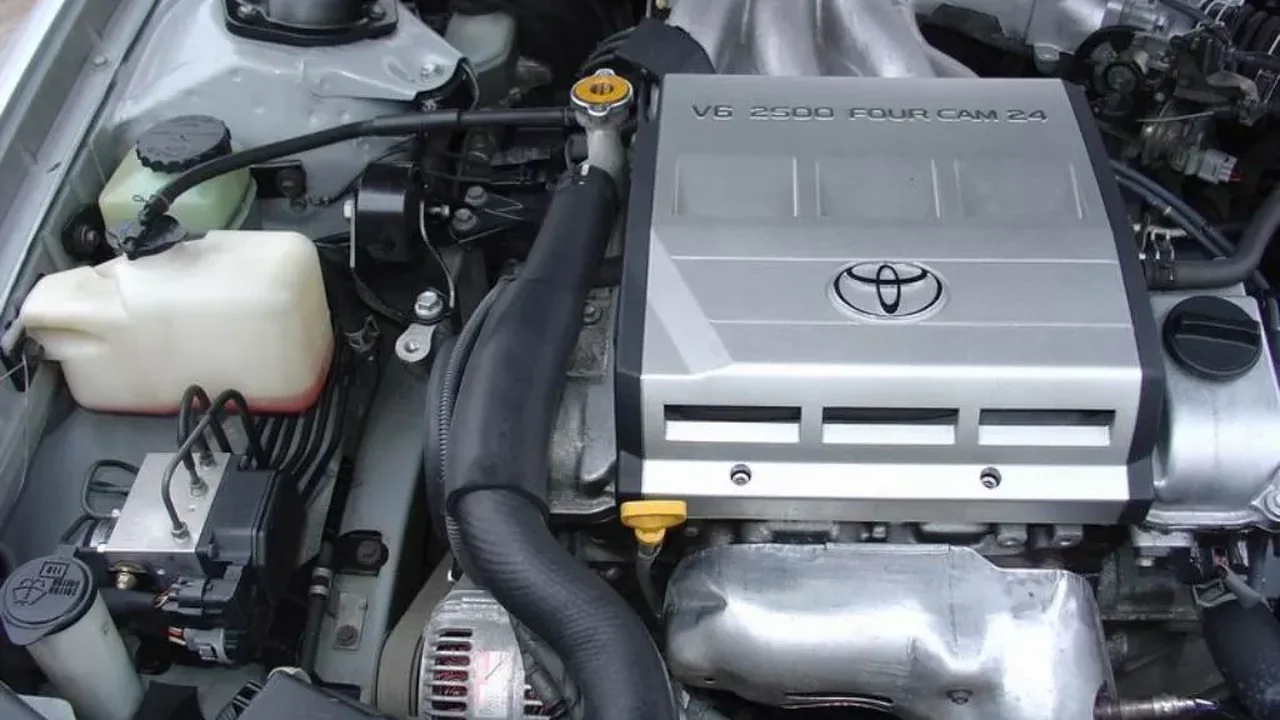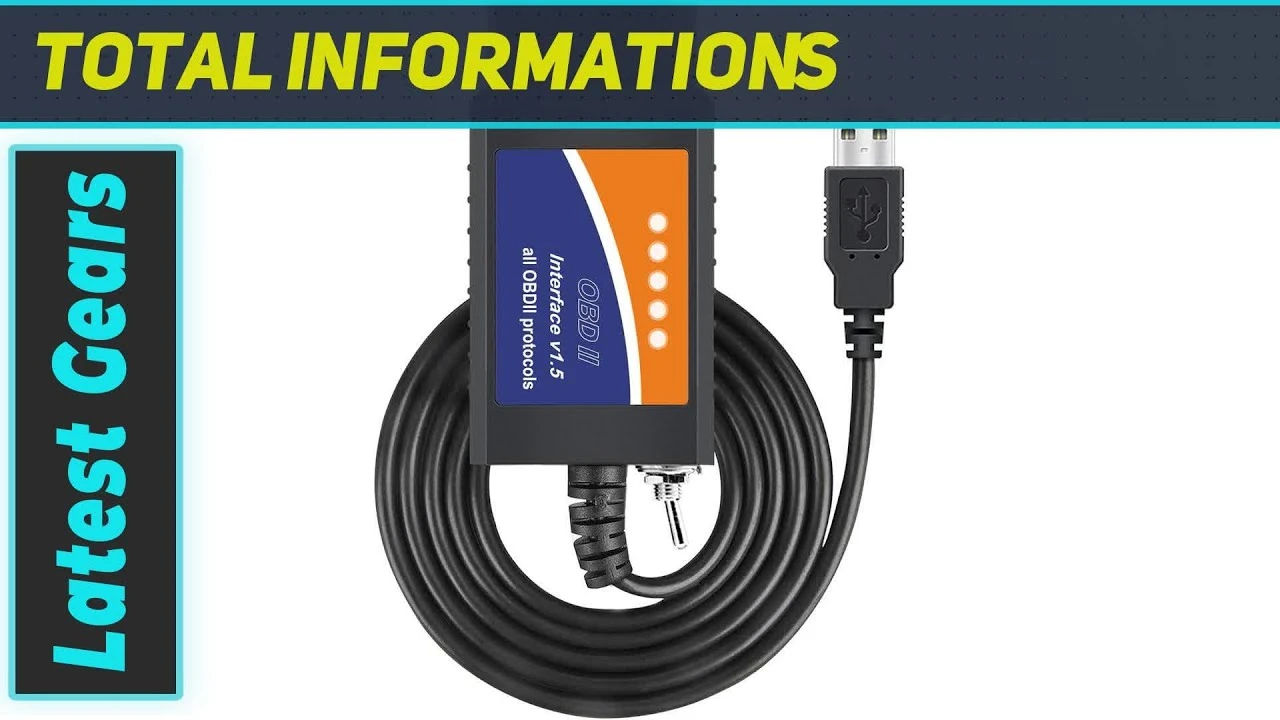ECU Mapping for Different Fuel Types: Gasoline, E85 & Methanol
ECU Mapping for Different Fuel Types Gasoline E85 & Methanol Different fuel types require different ECU mapping strategies This guide covers the specifics of tuning for gasoline E85 and methanol including fuel system requirements and ignition timing adjustments Optimize your engine for your chosen fuel type

Understanding the Basics Fuel Types and ECU Tuning
Alright gearheads let's dive into something crucial for maximizing your engine's potential – fuel types and how they impact ECU mapping. You can't just slap any fuel into your ride and expect it to purr like a kitten. Each fuel has its own unique properties that demand specific adjustments to your ECU (Engine Control Unit). We're talking gasoline, E85 (ethanol), and methanol – the big three when it comes to performance tuning.
Gasoline is your everyday fuel, readily available and relatively stable. E85 is a blend of 85% ethanol and 15% gasoline, offering higher octane and cooler combustion temperatures. Methanol is a pure alcohol fuel, boasting even higher octane and significant cooling benefits, but it's also more corrosive and requires specialized handling. The key here is understanding how these differences affect your engine's needs.
Gasoline Tuning Fuel Maps and Ignition Timing
Let's start with gasoline, the baseline. When tuning for gasoline, you're primarily focused on optimizing the air-fuel ratio (AFR) and ignition timing. A slightly lean AFR (around 13:1 to 14:1) generally provides the best power, but you need to be careful not to go too lean, which can lead to detonation and engine damage. Ignition timing also plays a crucial role. Advancing the timing can increase power, but again, you need to watch out for knock. The ECU uses sensors to detect knock, and it will retard the timing to protect the engine, but it's always best to tune conservatively and avoid knock altogether.
Think of it like this: Gasoline tuning is about finding that sweet spot where you're maximizing power without pushing the engine to its limits. You'll be working with fuel maps, which dictate how much fuel is injected at different engine speeds and loads, and ignition timing maps, which control when the spark plugs fire. Data logging is your best friend here. Monitor your AFR, knock readings, and other vital parameters to fine-tune your maps for optimal performance.
E85 Tuning Fuel System Upgrades and Stoichiometric AFR
Now, let's crank things up a notch with E85. This fuel is a game-changer because of its high octane rating, which allows you to run more aggressive ignition timing and higher boost pressures (if you have a turbo or supercharger). E85 also has a significant cooling effect, which helps to suppress detonation and allows for even more aggressive tuning.
However, there's a catch. E85 requires about 30% more fuel than gasoline to achieve the same air-fuel ratio. This means you'll need to upgrade your fuel system, including your fuel injectors and fuel pump, to handle the increased fuel demand. You'll also need to adjust your ECU to compensate for the different stoichiometric AFR (the ideal air-fuel ratio for complete combustion). For gasoline, the stoichiometric AFR is around 14.7:1, while for E85, it's around 9.8:1.
When tuning for E85, you'll be working with the same fuel and ignition timing maps as with gasoline, but you'll need to make significantly larger adjustments to the fuel maps. You'll also want to monitor your fuel pressure to ensure that your fuel system is keeping up with the demand. A wideband O2 sensor is essential for accurate AFR readings.
Methanol Tuning Fuel Delivery and Corrosion Prevention
Finally, we arrive at methanol, the king of performance fuels. Methanol boasts even higher octane and cooling properties than E85, allowing for truly extreme tuning. However, methanol is also more corrosive and requires even more specialized handling.
Like E85, methanol requires a significantly larger fuel system than gasoline. In fact, you'll need about twice as much methanol as gasoline to achieve the same air-fuel ratio. This means you'll need to upgrade your fuel injectors, fuel pump, fuel lines, and even your fuel tank to handle the increased fuel demand. You'll also need to use methanol-compatible materials, such as stainless steel and Teflon, to prevent corrosion.
When tuning for methanol, you'll be working with the same fuel and ignition timing maps as with gasoline and E85, but you'll need to make even larger adjustments to the fuel maps. You'll also want to monitor your fuel pressure and fuel temperature to ensure that your fuel system is operating properly. A wideband O2 sensor is absolutely essential for accurate AFR readings.
Product Recommendations Fuel Injectors Fuel Pumps and ECUs
Alright let's get specific. Here are some product recommendations for each fuel type, covering fuel injectors, fuel pumps, and ECUs. Remember, these are just examples, and the best choice for you will depend on your specific engine, power goals, and budget.
Fuel Injectors Top Picks and Pricing
- Gasoline: Injector Dynamics ID1050x (around $800-$1000 for a set of 4 or 6). These injectors offer excellent flow characteristics and precise fuel delivery.
- E85: Injector Dynamics ID1700x (around $1000-$1200 for a set of 4 or 6). These injectors provide the increased flow capacity needed for E85.
- Methanol: Fuel Injector Clinic (FIC) 2150cc (around $1200-$1400 for a set of 4 or 6). These injectors are designed specifically for methanol and can handle the corrosive properties of the fuel.
Fuel Pumps High Flow Options for Different Fuels
- Gasoline: AEM 340LPH Fuel Pump (around $150-$200). This pump offers a significant increase in flow capacity compared to stock.
- E85: Walbro 450LPH Fuel Pump (around $200-$250). This pump is a popular choice for E85 applications.
- Methanol: Aeromotive A1000 Fuel Pump (around $300-$400). This pump is designed for high-flow applications and is compatible with methanol.
ECUs Standalone Systems and Piggybacks for Tuning
- Standalone ECU: Haltech Elite 2500 (around $1500-$2000). This ECU offers advanced features and is highly customizable.
- Standalone ECU: AEM Infinity Series 506 (around $1200-$1800). This is another great option for standalone control.
- Piggyback ECU: Cobb Accessport (around $600-$800). A great piggyback option for supported vehicles.
Scenarios Real World Examples and Tuning Considerations
Let's look at a few scenarios to illustrate how fuel type affects ECU mapping.
Scenario 1 Street Car with Bolt Ons Running Gasoline
You have a street car with bolt-on modifications, such as an intake, exhaust, and headers. You're running gasoline and want to optimize your engine's performance. In this case, you'll primarily be focused on fine-tuning the air-fuel ratio and ignition timing. You can likely achieve significant gains with a simple ECU tune, without needing to upgrade your fuel system.
Scenario 2 Track Car with Turbocharger Running E85
You have a track car with a turbocharger and want to run E85 for maximum power. In this case, you'll need to upgrade your fuel injectors and fuel pump to handle the increased fuel demand. You'll also need to adjust your ECU to compensate for the different stoichiometric AFR of E85. With proper tuning, you can achieve significant power gains and improved engine cooling.
Scenario 3 Drag Car with Supercharger Running Methanol
You have a drag car with a supercharger and want to run methanol for the ultimate performance. In this case, you'll need to upgrade your entire fuel system, including your fuel injectors, fuel pump, fuel lines, and fuel tank. You'll also need to use methanol-compatible materials to prevent corrosion. With proper tuning, you can achieve insane power levels and dominate the drag strip.
Comparison Gasoline vs E85 vs Methanol Key Differences
Here's a quick comparison table to summarize the key differences between gasoline, E85, and methanol:
| Fuel Type | Octane Rating | Fuel Requirement | Cooling Effect | Corrosiveness | Cost |
|---|---|---|---|---|---|
| Gasoline | 87-93 | 1x | Low | Low | Moderate |
| E85 | 100-105 | 1.3x | Moderate | Moderate | Moderate |
| Methanol | 110-120 | 2x | High | High | High |
Final Thoughts Fuel Choice is Crucial
Choosing the right fuel type and tuning your ECU accordingly is essential for maximizing your engine's performance and ensuring its longevity. Consider your power goals, budget, and the availability of different fuels in your area. Don't be afraid to consult with a professional tuner to get expert advice and ensure that your engine is properly tuned for your chosen fuel type. Happy tuning!
:max_bytes(150000):strip_icc()/277019-baked-pork-chops-with-cream-of-mushroom-soup-DDMFS-beauty-4x3-BG-7505-5762b731cf30447d9cbbbbbf387beafa.jpg)






